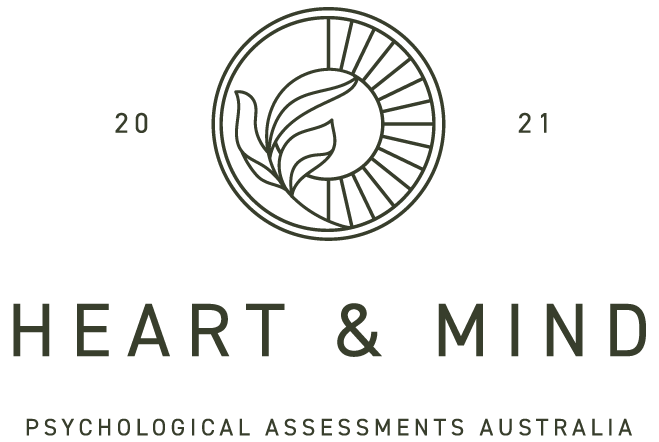How To Know If Your Child Has An Intellectual Disability.
Intellectual disabilities are typically understood through a deficit of intellectual functioning and difficulties with adaptive functioning. While these terms sound complex, they are actually pretty simple. If your child displays some of these symptoms, please contact us, and we will discuss our next steps to ensure you and your child are supported throughout your unique situation.
Intellectual functioning includes most forms of mental processes. Children with intellectual disabilities may find it difficult to solve problems, reason around concepts, or plan things out in advance. They may also struggle to think abstractly and understand concepts that are not tied to physical objects, such as the notion of freedom or responsibility. Struggling to learn, both in and outside a school environment, is another common deficit of intellectual functioning, as children with intellectual disabilities find it very difficult to reason through concepts in the manner education systems typically rely on, they may also face challenges when learning through trial and error. From the outside, it could seem like your child cannot learn from their mistakes. If you suspect your child may be experiencing these barriers to their intellectual development, it is vital that you reach out to us.
Children with an intellectual disability also have difficulties with adaptive functioning skills, largely relating to social skills and independent capabilities. These include communicating by being able to express feelings and emotions but also being able to listen and understand others. This challenge with communication goes beyond spoken language, and includes challenges with body language, social customs, and broader public interactions. Children with an intellectual disability will eventually find it hard to be independent because they will struggle to look after themselves and complete daily tasks safely such as bathing, grocery shopping, or cooking (American Psychiatric Association, 2013).
These signs of an intellectual disability occur during childhood or adolescence. If you notice that any of these apply to your child, get in contact with our friendly team here at Heart and Mind so that we can conduct an assessment and develop a treatment plan together.
Researched and Written by Chantelle Takos
Edited by Liam Correll
References
American Psychiatric Association. (2013) Diagnostic and statistical manual of mental disorders. (5th ed.) American Psychiatric Association.
